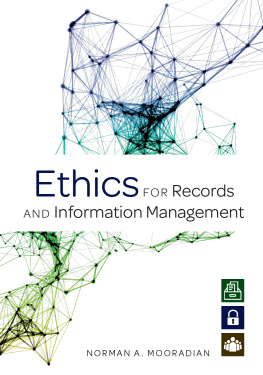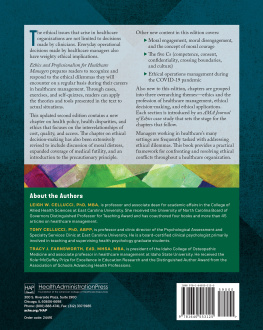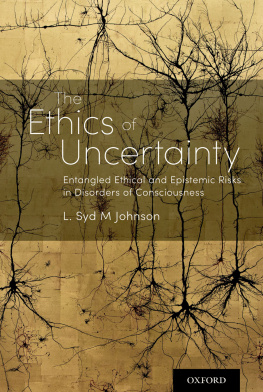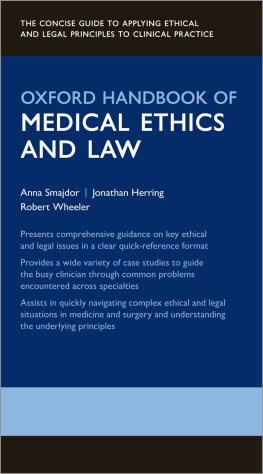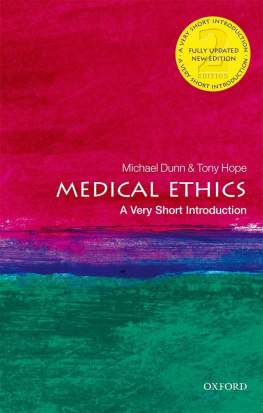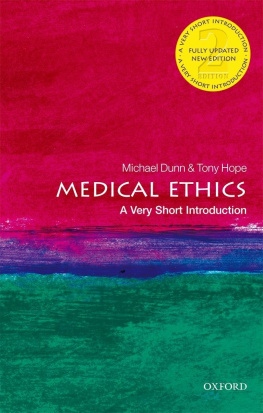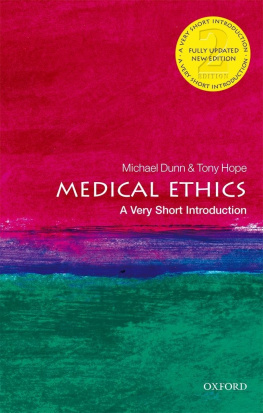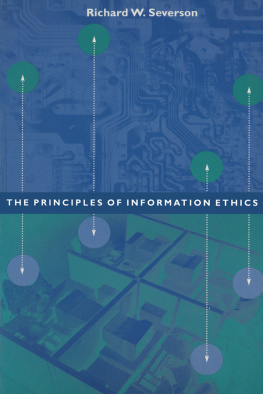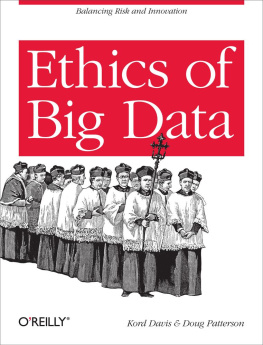
First published 2015 in Great Britain and the United States by ISTE Ltd and John Wiley & Sons, Inc.
Apart from any fair dealing for the purposes of research or private study, or criticism or review, as permitted under the Copyright, Designs and Patents Act 1988, this publication may only be reproduced, stored or transmitted, in any form or by any means, with the prior permission in writing of the publishers, or in the case of reprographic reproduction in accordance with the terms and licenses issued by the CLA. Enquiries concerning reproduction outside these terms should be sent to the publishers at the undermentioned address:
ISTE Ltd
27-37 St Georges Road
London SW19 4EU
UK
www.iste.co.uk
John Wiley & Sons, Inc.
111 River Street
Hoboken, NJ 07030
USA
www.wiley.com
ISTE Ltd 2015
The rights of Jrme Branger to be identified as the author of this work have been asserted by him in accordance with the Copyright, Designs and Patents Act 1988.
Library of Congress Control Number: 2015942609
British Library Cataloguing-in-Publication Data
A CIP record for this book is available from the British Library
ISBN 978-1-84821-859-8
Whatever, in the course of my practice, I may see or hear (even when not invited), whatever I may happen to obtain knowledge of, if it be not proper to repeat it, I will keep sacred and secret within my own breast.
Hippocratic Oath
I hope the principles here laid down will afford some light either to this or some truer method of philosophy.
Isaac Newton
Introduction
The past several years have been a turbulent time for the French healthcare system. With an institutional environment in the midst of dramatic change, patient care is in a perpetual state of transformation under the effects of factors such as evolving healthcare needs and emergence of new technologies playing an increasingly large role in cost-saving policy.
Collectively, hospital establishments represent assets that are important as much for our healthcare system as for the social role they play. However, they are currently facing significant concerns such as demographic challenges; evolving management tasks, which notably include the hyper-specialization of certain techniques; changing financial regulations with the introduction of fee-for-service practices; quality of services and reception; continuity of the care process; human and organizational management; and obligation to inform, all against a background of budgetary restriction.
This period has been conducive to value conflicts, divergences of opinion and opposing points of view, and even clashes, notably mainly concerning the development of healthcare expenditure control policies, with care opposing cost, providers opposing economists or managers, and the right to individual healthcare opposing the obligation of solidarity and efficiency. In the resulting ethical debates, tensions have appeared between the morals of conviction and the morals of individual and collective responsibility, and between clinical medicine and public healthcare, contributing to strategic and organizational dysfunction in the healthcare sector.
To all this, we can add revolutionary developments in information technology, with new communication devices such as the Internet, e-health, m-health, medical big data, and the complexity of internal and external transmission, notably in hospitals, due to the existence of medical information carrier systems (hospital information system (HIS), radiology information system, personal medical file (PMF), confidential physician cancer reporting, telemedicine, intranet networks, etc.). Currently, data intelligence appears to be the strategic response for the management of the use and deviance of the latter. Consequently, exploitation of big data is a sensitive subject, as it directly touches the private life of everyone. The number of situations in which difficult problems of strategic choice are faced in matters of personal data management grows larger every day. The increasing digitalization of digital data, the ever-growing capacity to store digital data and the resulting accumulation of information of every type have given rise to certain fears and uncertainties due to their multiple (and complex) usages, their impacts on highly diverse populations, which are difficult to measure, and the fact that information is sometimes impossible to control.
In this context, ethics cannot constitute an absolute response; it is not an exact science that, using theorems and axioms, leads to a universal truth; it can only hope to tend towards that direction. Its aim is to contribute orientations that do not seek a consensus but which reveal existing antagonisms. Thus, divergences of opinion effectively illustrate the difficulties to be faced by healthcare professionals with regard to medical information in disciplines, such as cancer treatment, in which sensitivity due to the idea of sickness and death in the near future is very high.
I.1. Questions on which our study is based
In the face of these accelerating changes and expanding ruptures, a feeling of chaos has arisen where there was previously a semblance of order, values, principles and well-established rules. The manipulation and use of medical information are perpetually seeking a balance between medical confidentiality (a fundamental principle of classical medicine) and transparency (a fundamental principle of the modern public sphere).
Our healthcare system, and our society more generally, has now entered an era of perpetual questioning where no certainty can ever be definitively reached. Has the evolution of technology and of mentalities abandoned certain human values, rules and principles in the face of increasing consequences of medical information? Are the rights to access and truthfulness of this information being called into question? Generally speaking, has the concept of medical confidentiality retained its validity and meaning in this modern techno-democracy? Can procedures to control and manage the diffusion of information formulated on an ethical basis contribute to bringing risks of misuse under control to a certain extent?
In short, are the computerization and digitalization of medical data endangering certain fundamental social and moral principles of classic Hippocratic medicine, such as the confidentiality and security of medical information?
So many questions indicative of a certain degree of anxiety and a loss of trust in healthcare actors and even in the very values of our healthcare system have given rise to a sense of profound destabilization in global terms. This feeling of chaos naturally makes it a complex matter to project possible developments to come, and thus to plan anticipatory responses. Can ethical reflection on the subject make it possible in the medium term to preserve a predominant place for confidentiality in the eyes of healthcare professionals?
We may note that the development of ethics-centered reflection in the field of healthcare is not limited solely to considerations pertaining to bioethics, clinical or biomedical research, or therapeutic innovation. For several years now, ethics has also focused on the emergence of new technologies, particularly those to be used for medical information and communication within healthcare structures.
More generally speaking, it results from multitudes of decision-making situations involving values. These new technologies pose the problem of knowing how to inform and who to inform. Is inequality of access to medical information morally and socially acceptable? How do these technologies contribute to relational, behavioral and organizational changes between healthcare professionals and their patients? Have technological advances banalized the sacralization of medical information by making it more and more accessible to all? In a more serious scenario, is it possible that this modernization of information and communication tools, illustrated notably by telemedicine, poses the risk of relegating the clinical and therapeutic practice of medicine to second place?
Next page


